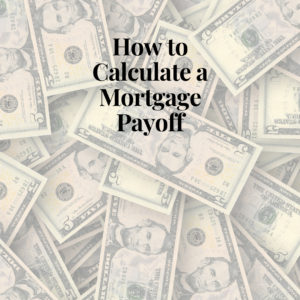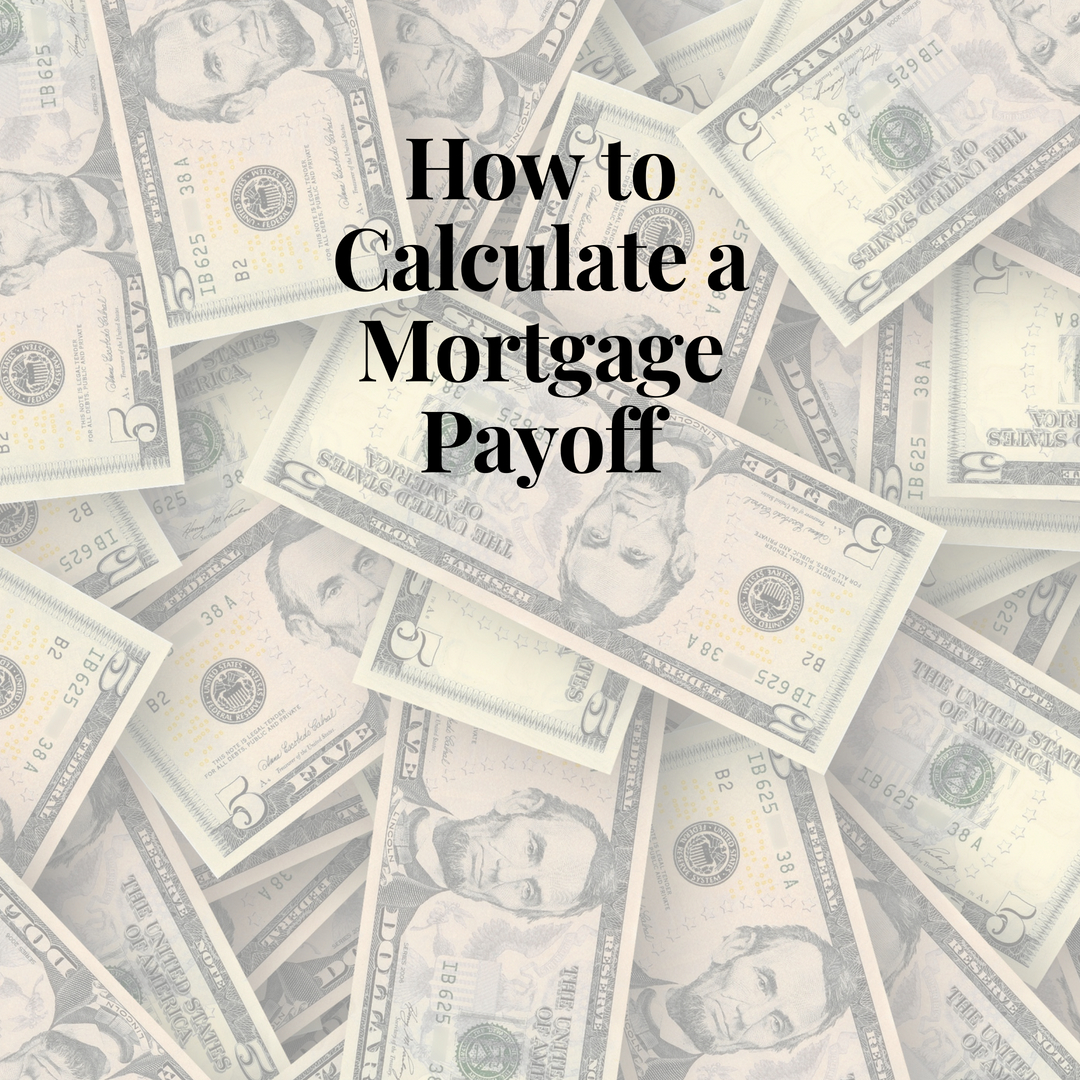 With current home values being so low, many sellers are bringing funds to closing instead of receiving a proceeds checks. Payoffs are being questioned, challenged, and double-checked, so it is important that sellers and their agents understand how a mortgage payoff is calculated.
With current home values being so low, many sellers are bringing funds to closing instead of receiving a proceeds checks. Payoffs are being questioned, challenged, and double-checked, so it is important that sellers and their agents understand how a mortgage payoff is calculated.
Here are the components of a typical payoff:
1. Principal Balance: this is the balance on the loan since the due date of the last payment (not the payment date, the closing date, or the “late date”);
plus
2. Interest on the principal balance that has accrued since the due date of the last payment (this interest will be daily for conventional loans and monthly for FHA loans);
plus
3. Mortgage insurance premiums due (for each monthly payment that is behind or currently due);
plus
4. Late charges for every month that a payment was late, including the current month if the payoff will be received after the late date (usually the 15th);
plus
5. Escrow Deficit, if the funds in the escrow account were insufficient to pay the most recent tax or insurance bills (most payoffs will not give a credit for a positive escrow balance – a refund will be issued after closing);
plus
6. Cancellation fees, fax fees, release fees (ranging from $10-$100);
plus
7. Prepayment Penalties, if applicable.
Thanks to Neel & Robinson for providing this great info!




